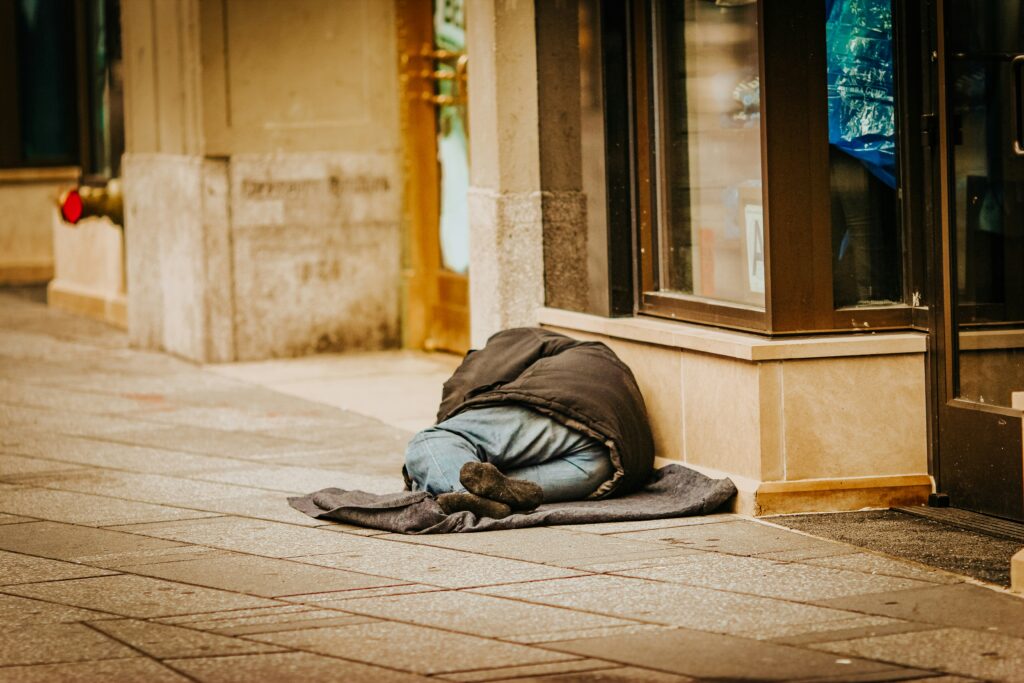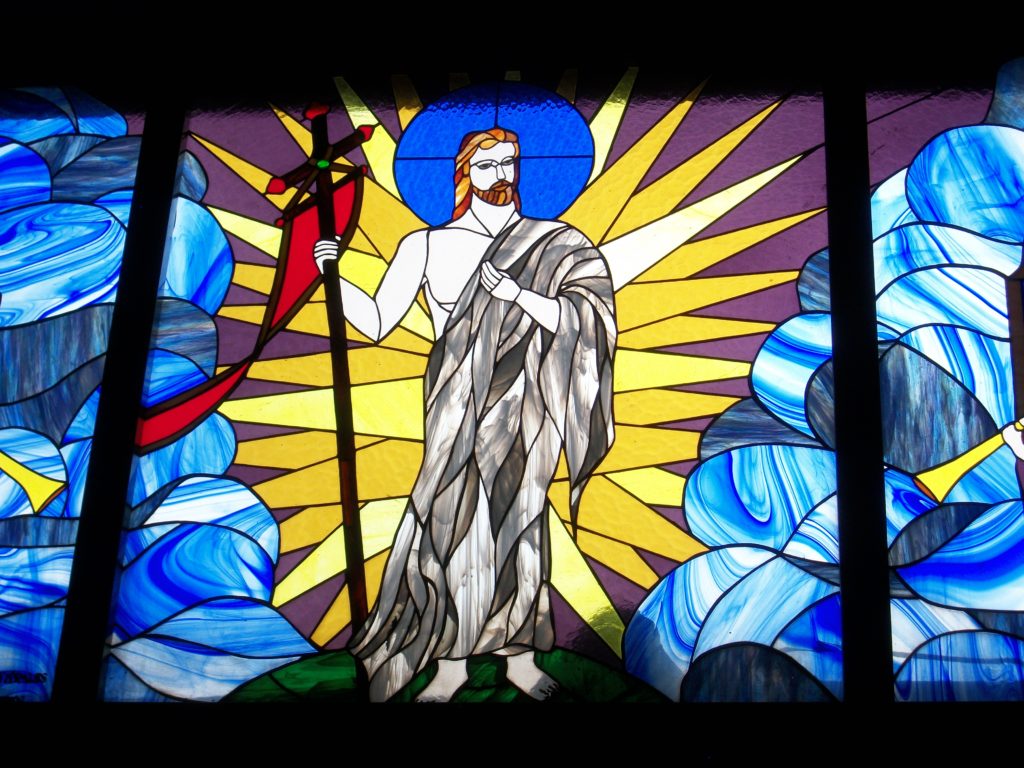Where you need us, we open the way to hope
Charity Day in Spain

“Communing with Jesus is communing with someone who has lived and died dedicated to others. His body is a body given, and his blood is bloodshed for the salvation of all.” The Episcopal Subcommittee for Charitable and Social Action of the Spanish Episcopal Conference (CEE) recalls in a message that, on the feast of Corpus Christi, the Church celebrates the Day of Charity, which is the center of Christian life, and we make witnesses of God’s compassion for every brother and sister.
“Where you need us, we open the way to hope” is the title of the message from the Spanish bishops in which they invite the faithful to actualize charity in daily life, becoming “charity, bread that is broken and distributed among our brothers and sisters, especially the poorest and most vulnerable, hungry for bread, justice and dignity”.
Human dignity in crisis
“Our world is wounded – the bishops warn –, full of shadows that hinder the development of a universal brotherhood and leave many people by the wayside, generating a climate of social hopelessness,” as Fratelli Tutti points out.
“Conflicts and wars – the message reads – haunt the human condition and its dignity. The drama of migration challenges us and reveals the fallacies of globalization that generates inequalities. Many women are “doubly poor”, as they suffer situations of exclusion, abuse and violence and, frequently, they find themselves with fewer possibilities to defend their rights. “The neglect of the common home subjects us all to the great impacts of the ecological crisis and climate change.”
The poverty and exclusion experienced in Spain is also called into question as a structural phenomenon that persists beyond the general economic situation, as revealed by studies by Cáritas and the Foessa Foundation.
“Much more severe exclusion situations, people with greater deterioration, especially psycho-emotional; a job insecurity that hinders many people from living with stability and starting new vital projects; a housing problem that is becoming more acute and increasing homelessness situations among men, women and families; more people in situations of administrative irregularity as a result of migratory waves; a child and youth populationin a situation of social disadvantage so profound that in all likelihood they will carry it their entire lives,” the document describes.
Where the last ones need us
The Spanish bishops emphasize that celebrating the Eucharist is communing with Jesus and his Kingdom project to live each day in a more dedicated way, working for a more human world. Therefore, faced with this reality, “every day we face the option of being good Samaritans or indifferent travelers who pass us by.” (FT 69).
“From there the commitment is to live and be in the world from love, wherever we are needed. Christians are called to be the fraternal and Samaritan community, which, like Jesus, in front of the countless people who followed him, ‘felt compassion'”
Paths of brotherhood and hope
In 2004, the celebration of Charity Day is a commitment to walk paths of fraternity, to encourage and promote the commitment of the Christian community and society in general, with the defense of the dignity of people and their rights. All this, considering three priorities: go out to meet the most impoverished people; commit to the common good, and be seeds of good.
The love of neighbor, gratuitousness and service that underpin the charitable and social action of so many volunteers are seeds of the common good for society, and their sprouts materialize and become visible in the lives of people who feel worthy again because they are looked at and listened to with love and care. Thank you for so much dedication and testimony! – concludes the message for the Day of Charity of the Bishops of the Subcommission for Charitable and Social Action of the EEC.
Related

The Perspectivas del Trabajo Foundation is founded with the aim of promoting virtues for professional development
Exaudi Staff
25 April, 2025
2 min

Reflection by Bishop Enrique Díaz: Alleluia, alleluia
Enrique Díaz
20 April, 2025
5 min

Christ is Risen! Alleluia! Commentary by Fr. Jorge Miró
Jorge Miró
20 April, 2025
3 min

Easter: Mystery of Freedom
Carlos J. Gallardo
20 April, 2025
5 min
 (EN)
(EN)
 (ES)
(ES)
 (IT)
(IT)

